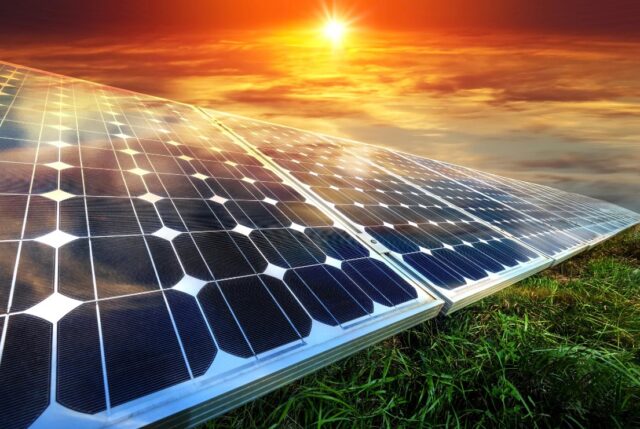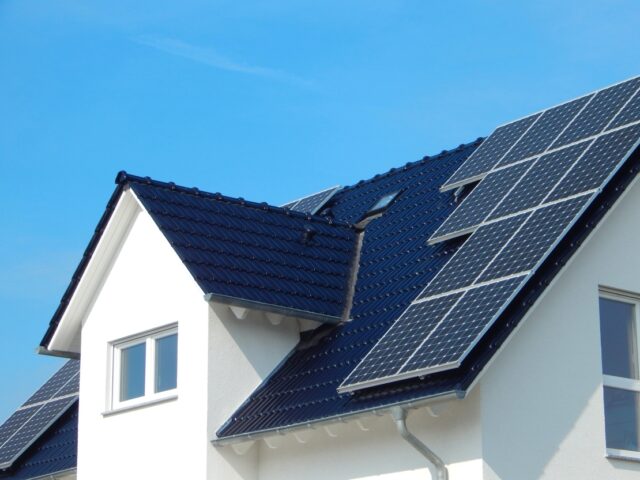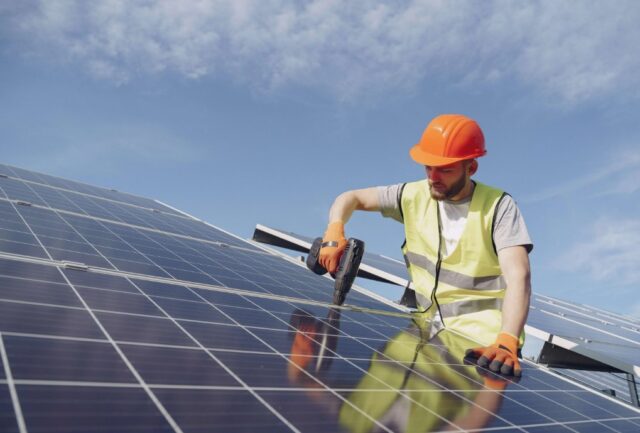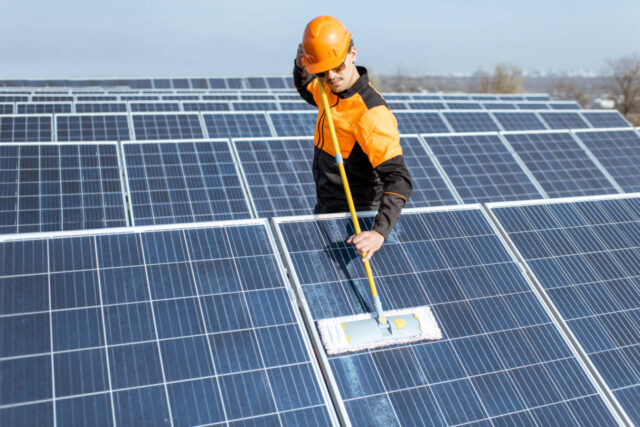
Solar energy is quickly becoming a popular choice for homeowners looking to save money and reduce their environmental impact. We will discuss the factors that you should consider to maximize your savings and to ensure a successful solar energy experience.
If you want to make the most of your investment, it is crucial to choose the right solar panels system for your needs, as explained by experts from Vivint Solar.
Understanding Solar Panel Systems

Before diving into the details though, let us start by familiarizing ourselves with the basic components and types of solar panel systems.
Basic Components of a Solar Panel System
- Solar panels ─ These convert sunlight into electricity using photovoltaic (PV) cells.
- Inverter ─ This device converts the direct current (DC) produced by solar panels into alternating current (AC) that your home can use.
- Mounting hardware ─ These are the racking and brackets used to secure solar panels to your roof or ground.
- Battery storage (optional) ─ For off-grid or hybrid systems, a battery stores excess solar energy for use during nighttime or cloudy days.
Types of Solar Panel Systems
- Grid-tied systems ─ These systems are connected to the electrical grid, allowing you to sell excess power back to your utility company.
- Off-grid systems ─ Independent from the grid, these systems rely on batteries for energy storage.
- Hybrid systems ─ Combining the best of both worlds, hybrid systems are connected to the grid and have battery storage for added flexibility.
Factors to Consider for Maximum Savings

To maximize your savings, you will need to carefully consider a few factors when selecting a solar panel system.
Assessing Your Energy Needs
- Analyzing your energy consumption ─ Review your utility bills to determine your average monthly energy usage. This information will help you decide how large your solar panel system should be.
- Reducing energy usage through efficiency measures ─ Consider implementing energy-saving measures like upgrading to LED lighting or adding insulation to reduce your overall energy consumption and increase the effectiveness of your solar panel system.
Solar Panel Efficiency
- Types of solar panels ─ The efficiency of solar panels varies depending on the type. Monocrystalline panels tend to be the most efficient, followed by polycrystalline and thin-film panels.
- Performance in various conditions ─ Consider the performance of solar panels in different temperatures and light conditions as this will affect your system’s overall energy production.
System Size and Capacity
Your solar panel system’s size and capacity should align with your energy needs and available roof space. An oversized system may generate excess power that goes unused while an undersized system will not meet your energy demands.
Inverter Efficiency and Compatibility
Choose an inverter with a high-efficiency rating as this will minimize energy loss during the conversion process. Also, ensure the inverter is compatible with your solar panels and the system’s voltage.
Local Climate and Solar Potential
The amount of sunlight your location receives will directly impact your solar panel system’s performance. Research your area’s solar potential and account for factors like shading and seasonal changes.
Roof Space, Orientation, and Shading
Assess your roof’s size, orientation, and shading to determine if it is suitable for solar panel installation. South-facing roofs with minimal shading is generally the most effective.
Incentives and Financing Options

Various incentives and financing options can help offset the initial cost of your solar panel system.
Federal, State, and Local Incentives
Research the available incentives in your area, such as tax credits, grants, or rebates to help reduce the upfront cost of your solar panel system.
Solar Renewable Energy Certificates (SRECs)
In some regions, you can earn SRECs for the solar energy you produce. These certificates can be sold to utility companies, generating additional income.
Leasing and Power Purchase Agreements (PPAs)
Leasing and PPAs allow you to use a solar panel system without purchasing it outright. Instead, you pay a monthly fee or a predetermined rate for the electricity generated by the system.
Loans and Other Financing Options
Solar loans, home equity loans, and other financing options can help you spread the cost of your solar panel system over time, making it more affordable.
Selecting a Solar Panel Installer

To ensure a smooth and successful installation, it is essential to choose the right solar panel installer.
Research and Comparison
Start by researching local solar installers and comparing their services, expertise, and pricing.
Credentials and Certifications
Look for installers with proper credentials and certifications, such as the North American Board of Certified Energy Practitioners (NABCEP) certification.
Reviews and Recommendations
Read customer reviews and ask for recommendations from friends, family, or neighbors who have installed solar panel systems.
Obtaining Multiple Quotes
Get quotes from at least three different installers to compare costs and services and to negotiate the best deal.
Maintenance and Monitoring

Proper maintenance and monitoring will help ensure your solar panel system performs optimally and maximizes your savings.
Regular System Inspections
Conduct regular system inspections to identify and address any issues early on, such as damaged panels or loose connections.
Cleaning and Upkeep
Keep your solar panels clean and free of debris to maintain their efficiency. Regularly check your mounting hardware and other system components for signs of wear or damage.
Monitoring System Performance
Use a monitoring system to track your solar panel system’s performance and energy production, allowing you to identify any potential issues quickly.
Warranty and Insurance Considerations
Ensure you understand the warranty coverage for your solar panel system and consider purchasing insurance to protect your investment from unforeseen events.
Conclusion
In conclusion, maximizing your savings with a solar panel system involves:
- understanding the basic components and types of systems
- considering a range of factors such as energy needs, panel efficiency, and local climate; exploring incentives and financing options
- selecting the right installer and
- maintaining and monitoring your system.
By carefully considering these aspects, you’ll be well on your way to enjoying long-term savings and contributing to a more sustainable future. Now is the perfect time to take the first step towards harnessing the power of the Sun for your home.







